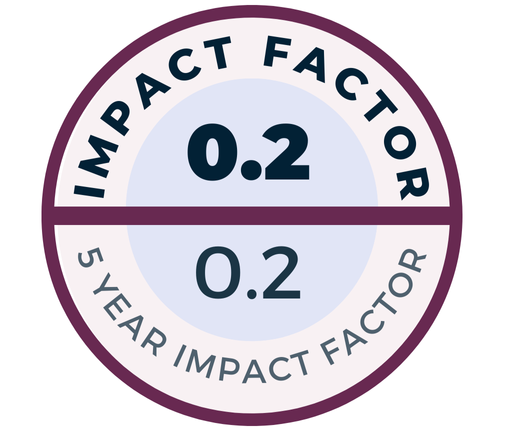Objective: Although many genetic and environmental factors are investigated the etiopathogenesis of microtia, it still remains unclear. We investigated the relationship between the variants/expression of pro- and anti-inflammatory cytokines [interleukin (IL) 6, IL-10, tumor necrosis factor-alpha (TNF-α), transforming growth factor beta (TGF-β1), interferon gamma (IFN-γ)] and susceptibility non-syndromic microtia in a Turkish cohort.
Methods: Nineteen unrelated cases with microtia and 40 healthy controls were included in the present study. Cytokine variants were tested by polymerase chain reaction with sequence-specific primers (PCR-SSP) method.
Results: It was found that IL-6 (-174) GG genotype (high expression) was higher in microtia cases than the controls (p=0.010) while IL-6 (-174) GC (high expression) genotype was lower in patients (p=0.003). For IL-6 (-174), patients with GG genotype had a 5895-fold increased risk for microtia. IFN-γ (+874) variant AA genotype (low expression) was lower in microtia cases (p=0.009). IL-6 (-174) Gallele was more prevalent in patient group compared to controls while C allele was lower in patients than controls (p=0.003). IFN-γ (+874) variant T allele was more prevalent in cases while A allele was lowerin cases (p=0.017).
Conclusion: We have demonstrated for the first time that the cytokine variants constitute risk factors for developing microtia. Our study suggests that the IFN-γ (+874) and IL-6 (-174) variants may be considered as a risk factor for microtia in a Turkish cohorts.

.jpeg)
